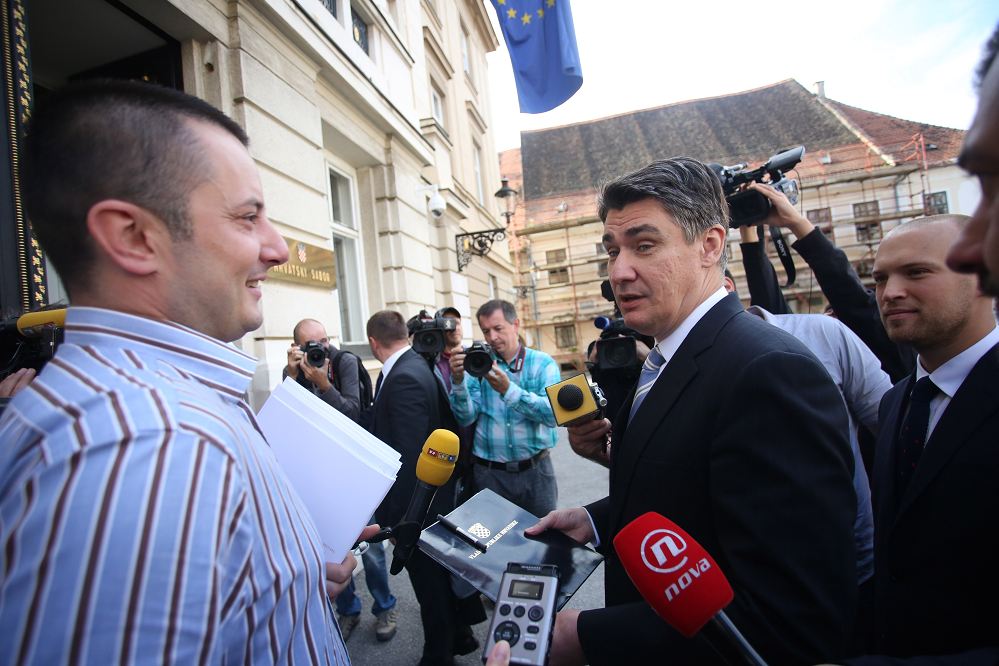In order to invalidate to the largest extent possible the rule that elections are won with „one third above and two thirds below the table“, GONG is appealing to the Government and the Parliament that, before their dissolution, they pass a long awaited and improved Act on Referenda, and to make the most of the last opportunity before the elections to incorporate better ways to increase transparency of election and referendum campaigns.
Despite the fact that almost four years into the term of the current Administration, the final proposition of the Act on Referenda, which has passed several public discussions and readings in Parliament, is in great danger of being forgotten.
The same fate might be in store for the Political Activity and Electoral Campaign Financing Act, which has also passed the first reading in Parliament as early as in May of this year. The intention of that proposal was to impose upon political parties and candidates the obligation to submit – through an online application – financial reports and information regarding donations and donors, as to effectively connect this data base with other data bases in order to prevent corruption. A comprehensive register of financial reports of political parties and other participants in the political competition connected with online databases that concern declarations of assets, public procurements, concessions, tax debt reliefs, incentives etc., would enable early detection of conflicts of interest, indications of potential for corruption and potential clientelism between donors, parties and institutions of power.
If the Parliament does not pass these important laws which should enable fairer elections, fairer referendums and open the path for better control of money in politics, it will send a clear message that the voice of citizens is still unwelcome, that better referendum rules are unwanted and that more transparency is a nuisance.
GONG is calling the Government and the Parliament to adopt the already formulated law proposals that passed the public and parliamentary debates, and to prove that the central institutions of government are indeed promoting „order and stability“, instead of „disorder, lawlessness and chaos“.
